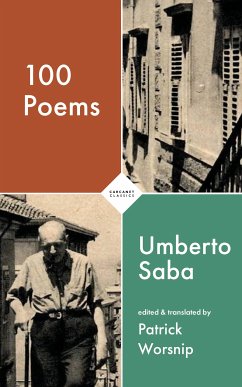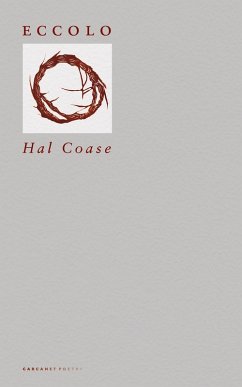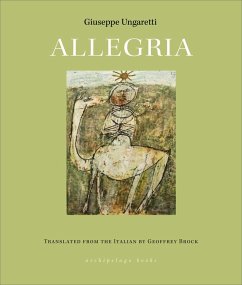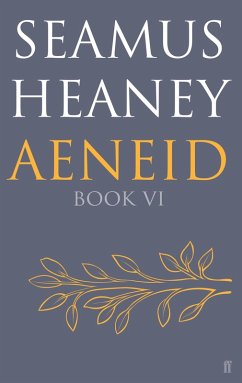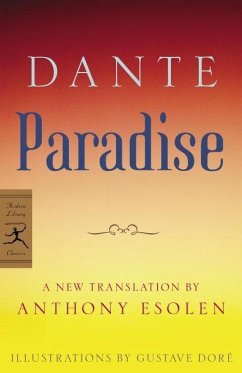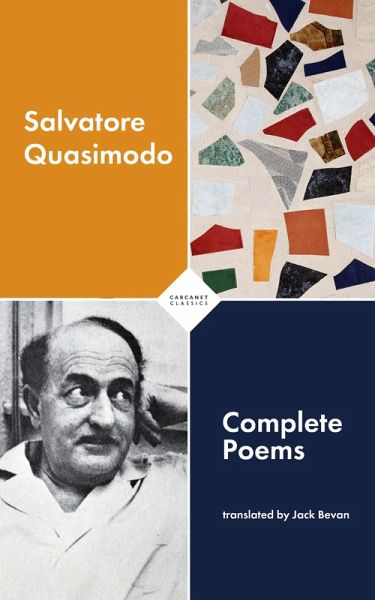
Complete Poems (eBook, ePUB)

PAYBACK Punkte
0 °P sammeln!
Salvatore Quasimodo (1901-1968) was awarded the Nobel Prize for Literature in 1959. The citation declares, 'his lyrical poetry with classical fire expresses the tragic experience of life in our time'. Jack Bevan's authoritative translation of Quasimodo life work fills a great gap in our knowledge of twentieth-century European poetry. 'The poetry is textured like shot silk, yet the elegance and syntactical lucidity with which Jack Bevan has worked to bring these poems to English readers enables them to stand as poems in their own right,' wrote Peter Scupham of Bevan's translation of Quasimodo's...
Salvatore Quasimodo (1901-1968) was awarded the Nobel Prize for Literature in 1959. The citation declares, 'his lyrical poetry with classical fire expresses the tragic experience of life in our time'. Jack Bevan's authoritative translation of Quasimodo life work fills a great gap in our knowledge of twentieth-century European poetry. 'The poetry is textured like shot silk, yet the elegance and syntactical lucidity with which Jack Bevan has worked to bring these poems to English readers enables them to stand as poems in their own right,' wrote Peter Scupham of Bevan's translation of Quasimodo's last poems, Debit and Credit. Quasimodo's strong and passionate writing continues to testify to the human - and inhuman - realities which have created our modern world. The Italian critic Giuliano Dego wrote, 'To bear witness to man's history in all the urgency of a particular time and place, and to teach the lesson of courage, this has been Quasimodo's poetic task.'
Dieser Download kann aus rechtlichen Gründen nur mit Rechnungsadresse in A, B, BG, CY, CZ, D, DK, EW, E, FIN, F, GR, H, IRL, I, LT, L, LR, M, NL, PL, P, R, S, SLO, SK ausgeliefert werden.





